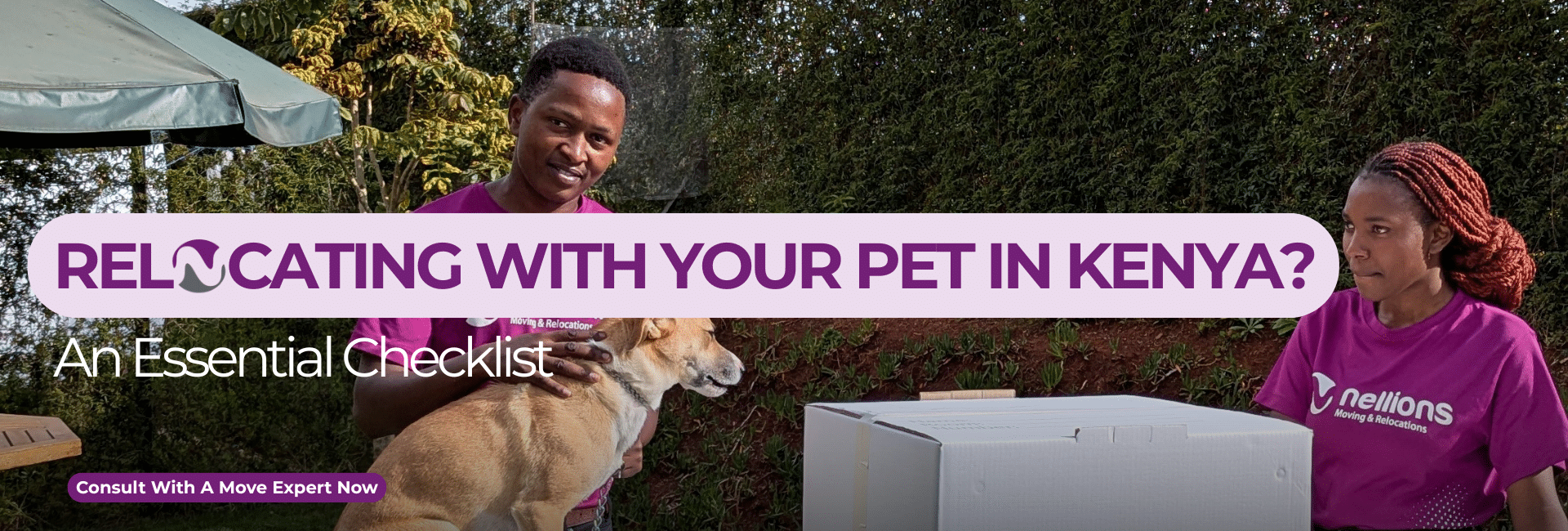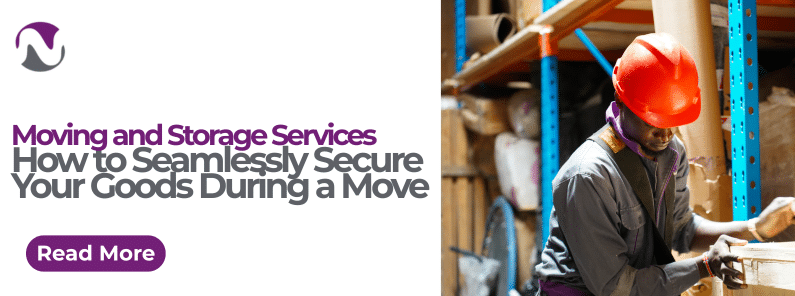Whether you are moving into a new home or you are a frequent traveller among other reasons, there are so many things that end up requiring a storage facility.
Moving from one home to another is a very transitional phase in life, requiring you to make decisions about what to do with the numerous furniture pieces you own, the number of household appliances you own, and all of your personal items gathered over the years.
After you’ve gone through your belongings and gotten rid of anything you don’t want, like, or need, you may still be left with too many objects that you won’t be able to fit into your new home, at least not right away.
In this article, we will broadly look into what you might put in a storage facility and what you might not put.
What to put in a storage Facility?
Deciding on what to store and what to give away is not such a straightforward task. Some of the things that you can put in a storage facility are:
1. Furniture
Furniture is, without a doubt, one of the most typical commodities found in storage containers. The reason is that most furniture items are large and take up a lot of space. If you are moving into a new home, you might not have enough space for all your furniture, or it could be that they don’t match your new house’s décor.
Some furniture pieces that can easily be stored in a storage unit include disassembled beds, dining tables, chairs, desks and cabinets.
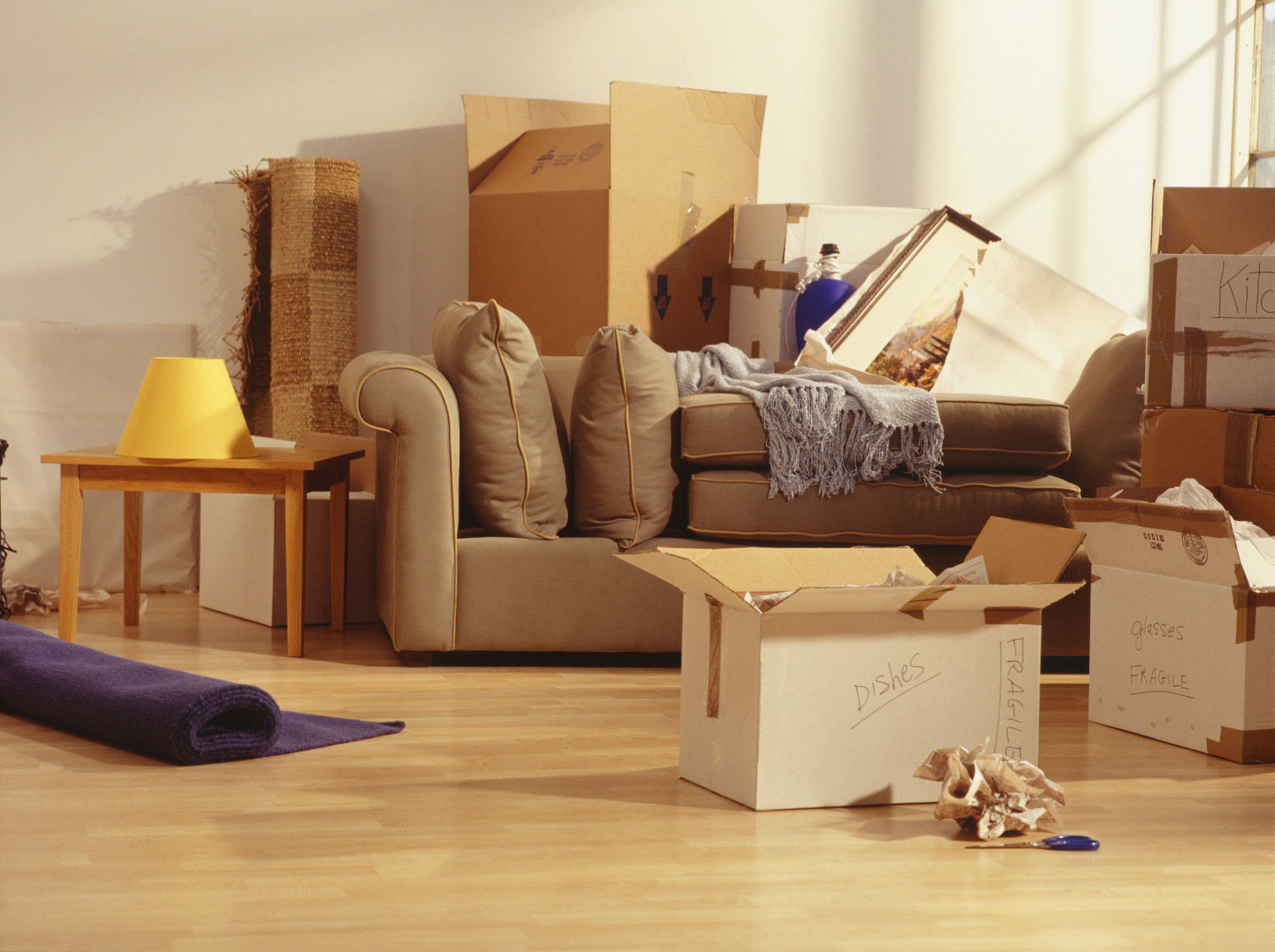
Furniture that has joint parts should be disassembled to make it easy to move them as well as save on space. Also, to prevent mould formation, ensure that all furniture intended for storage is clean, dry and well covered.
You do not have to struggle with all this as Nellions Kenya is here for you.
2. Large Appliances
Home appliances such as washing machines, fridges, and dishwashers are often large and heavy, and it might be hard moving them around, especially during an international relocation. If you’re moving into temporary accommodation and know you’ll be moving out soon, it’s a good idea to put some of your larger appliances in storage until you need them again.
3. Electronics
When relocating or when you need more space, you might want to store some of your well functioning electronics until when you need them again.
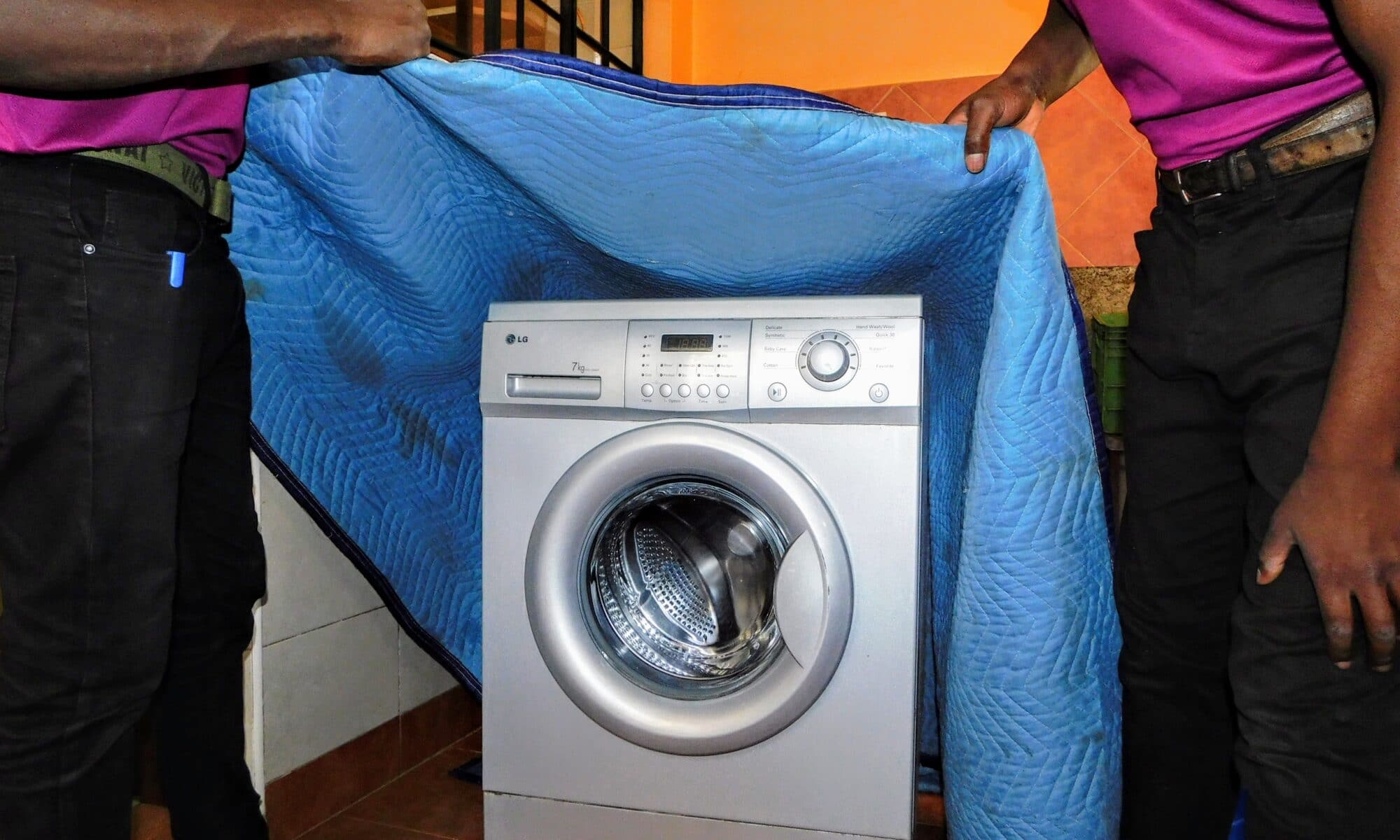
Ensure that the electronic devices are in their original boxes if possible. Alternatively, unplug all wires and cables from the equipment, then protect the screen/glass using foam, tape, bubble wrap or cardboard. Lastly, look for a box and carefully place them in, preferably different boxes for each electronic device.
Avoid using plastic as it retains moisture and encourages mold and mildew growth. To provide even more moisture protection, add silica gel packets to boxes and containers.
4. Seasonal Items
Seasonal items such as clothes, accessories, shoes and decorations are some of the most common items found in storage units. Winter clothes or Christmas decorations are only needed for a specific period of time after which they need to be put away until the next season.

Holidays such as Halloween and Christmas are only once a year making it practical to store your holiday decorations in a storage unit until the next season if you do not have enough space at your home.
5. Documents, books and files
Some files and documents might be private and confidential hence might be safer if you move with them or store them in a safe deposit box. However, others are not that vital but must be kept for several years before it is safe to dispose of them. Thus, renting a storage unit for these files and documents is more convenient.
In addition, many businesses are required by law to hold onto archival data but their space could be limiting. Storage units could be used to store these documents to create space, to ensure security and to enhance timely accessibility.
6. Curtains
Whether you’re changing out your curtains for the season, removing them to relocate, or storing them for safekeeping, it’s critical to store them properly to maintain them in good condition.
Before putting your curtains away, make sure they’re clean as it may be difficult or impossible to remove stains later. Ensure that before you embark on storage, you take your time to inspect your curtains from top to bottom, looking for any stains and wrinkles.
7. Carpets
Storing a carpet is not as simple as it may seem and a certain procedure must be followed.
- Clean it
Proper cleaning is a very crucial step in carpet storage. This step helps eliminate any molds, residue, insects and food particles that may attract insects. Lack of cleaning leads to your carpet(s) deteriorating while in storage.
Begin by vacuuming both sides of the carpet to remove loose dirt, hair or dust. How you vacuum and clean your carpet is highly dependent on the material it is made of.
- Roll it
Carpets should not be folded for storage as this increases creases and might easily lead to foundation damage.
Before rolling it, ensure that the carpet is completely dry to avoid the growth of moulds since they grow in damp places.
- Wrap it
Wrapping your carpet is an important step as it preserves it from dust, rodents and bugs. Carpet storage bags can easily be bought online. Consult with your storage service provider to know if they offer packaging materials for your goods.
- Store it
After cleaning and rolling your carpet, the last step is storing it. If you have enough space at your home, you can store them there. However, if you do not have space or it could be that you are travelling or you don’t need it for some time, you can always lookout for a storage facility to provide you with a storage unit.
No matter the place you decide to store your carpet, ensure that you avoid exposing it to natural light and aim at getting a dry, cool and well-ventilated storage space.
Before storing your carpet, take extra precautions to keep moths and insects away. Use a fabric-specific insect repellent for insects and mothballs to keep moths away.
8. Crockery and Cutlery

Storing kitchenware properly is as vital as buying them. Lack of proper storage may lead to breakage and damage. The first important step is thoroughly cleaning followed by proper packing of your crockery and cutlery.
When you do not need your crockery and cutlery at any particular point, you can get in touch with a storage service provider to store them for you. This will save you from the hassle of doing the packing and moving.
9. Paintings
Every artist has at any one point been in a dilemma of not having enough space to store all of their paintings and painting material. A storage unit is one of the most convenient places to store all your unfinished crafts, finished paintings and all working tools you may not be using.
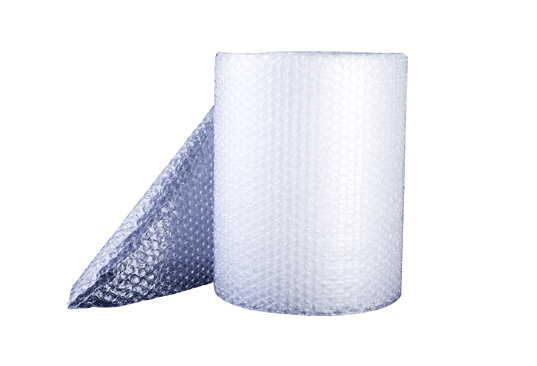
In preparing for storage, wrap all your paintings in protective material to prevent damage. Use a storage blanket or bubble wrap to cover all your framed paintings and use packing tape to tape the front and back of your framed artwork together using pieces of thick cardboard. In the case of oil paintings, use silica gel to wrap your paintings.
Things to avoid storing in a storage facility
Storage companies have policies that govern what cannot be put in their storage units. Anything that isn’t on a restricted items list can usually be stored, though this varies per company. You obviously can’t utilize storage facilities to hide stolen cash or killed pets, but that isn’t the case with all prohibited things.
Whether you require long-term storage because you’ve lost your house or short-term storage while you finish a remodel, make sure you don’t store any of the following items:
1. Foodstuffs
You are not permitted to store any form of food in the storage unit. Food products left out for a long period can attract insects or rats, resulting in an unwelcome infestation. The rodents can destroy your belongings and other items in the storage unit.
In addition, some foods will rot and produce odour creating ideal circumstances for bacteria and mould to thrive.
2. Plants
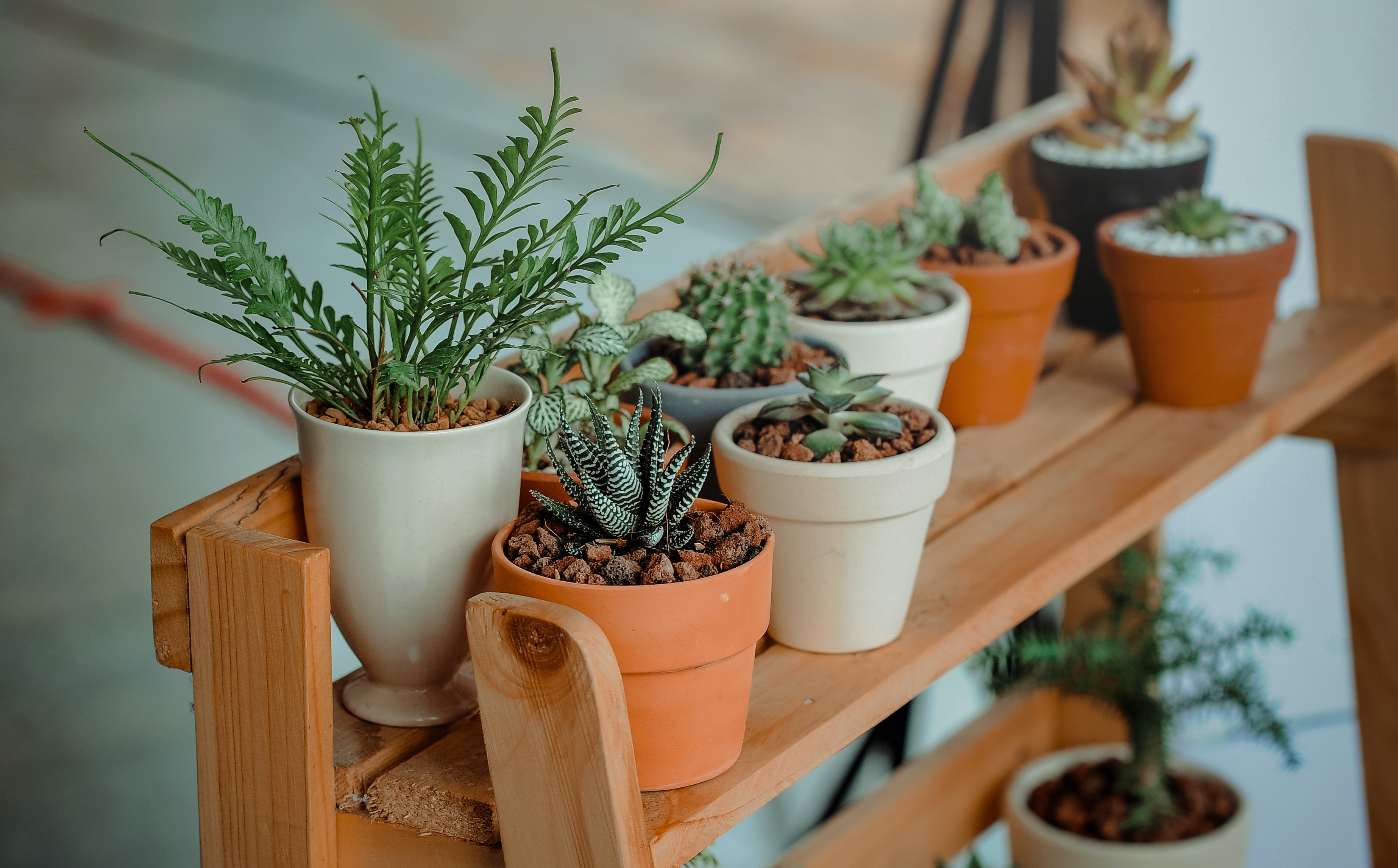
It would be best not to store plants in a storage facility as they would be deprived of sunlight, water, and air essential for their growth. If it is impossible to move with them or you don’t have space for them, you should consider giving them to people who will take care of them or sell them.
3. Pets
Not only is it ethically wrong to keep pets in a storage unit, but it is also illegal. When putting away your belongings and part of them are animals, you should give them out to friends or relatives who can take care of them or put them in a licensed animal shelter for a chance of someone else adopting them.
4. Hazardous items
The law prohibits the storage of any materials that have the potential to explode, burn or corrode as they pose great damage to human health and property. These items include; guns, chemicals, acids, paints, alcohol, and insecticides. Your preferred storage provider will provide you with a comprehensive list.
5. Stolen Items
If you have goods that are illegally obtained, a storage unit won’t help you hide them. Storage facilities are well monitored and their personnel are at liberty to inform the police in case of any suspicion.
6. Wet Items
Molds tend to thrive in dark, moist and enclosed places. Storage units are mostly dark and enclosed making it easy for molds to grow. To avoid the damage likely to be caused and the unpleasant odour, ensure that you do not include wet items in your store list. Ensure that everything is dried prior. In case the item you intend to store is wet in nature, consult with your storage service provider for better guidance.
7. High-Value Items
Generally, you should not store goods with a high monetary worth (e.g., jewellery) or sentimental value (artwork pieces) in a storage facility as safety is not 100% guaranteed. A preferable solution for storing high-value pieces is to invest in a high-quality safe or seek a storage provider that specializes in such items.
8. Tires
Tires are often banned from storage units but it is possible to find storage companies that allow tire storage.
They are mainly banned for two reasons;
Fire threat– Tire fires are very difficult to extinguish and they also pollute the environment when they burn. Allowing them into the storage unit is not worth the risk the storage service provider will be exposing their business to.
Difficult to dispose of– Since 2010, approximately 34,000 tonnes of waste tires have either been dumped, burned or destroyed causing serious pollution to soil, air and water bodies. At any one point, a storage facility is forced to auction your belongings, for reasons such as not meeting rent payments, they might find it difficult to dispose of tires.
9. Money
A storage unit is not an ideal location to store your money. Money can easily be misplaced or stolen. For this reason, always ensure that money that you might not be used at any one point is all stored in a bank as safety is more guaranteed.
10. Gas cylinders
A big percentage of households will have at least one Liquefied Petroleum Gas in their home which is considered an extremely hazardous substance. The chemical component used to make gas is highly flammable and emits irritating fumes that are harmful when consumed.
Gas cylinders, whether fully filled or partially used, if stored inappropriately, can pose a significant health and safety concern. Therefore, most storage units do not store gas cylinders in their facilities as the risks associated with them are too high.
It is important to note that this list can vary from one company to another. Therefore, before settling on the company to store your items, make sure you have a list of what they accept and do not accept in their storage units.
Do not hesitate to make enquiries as we at Nellions Moving and Relocation Company are ready to serve you.










